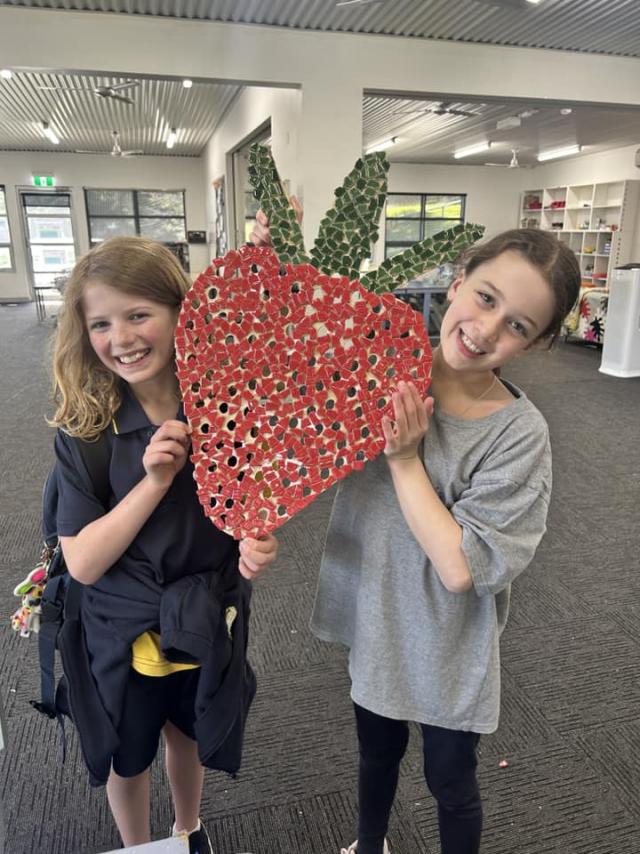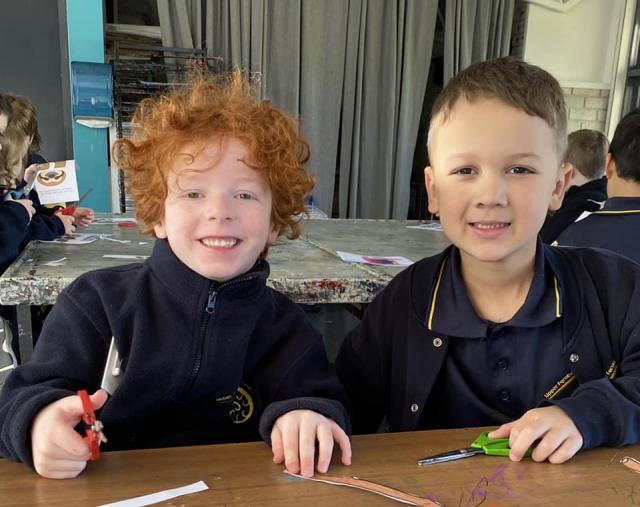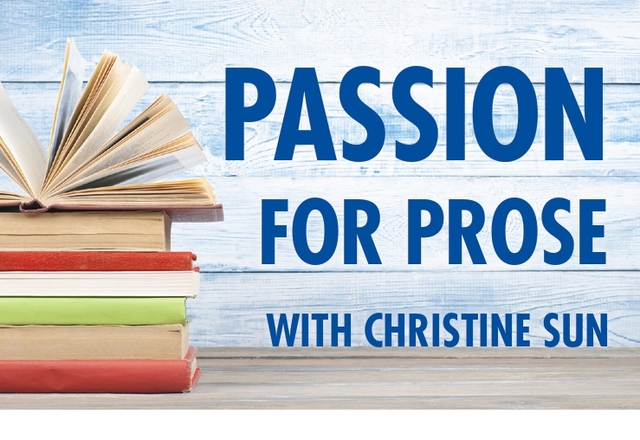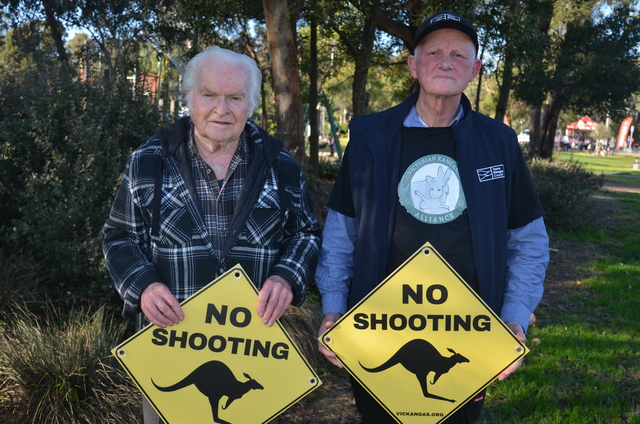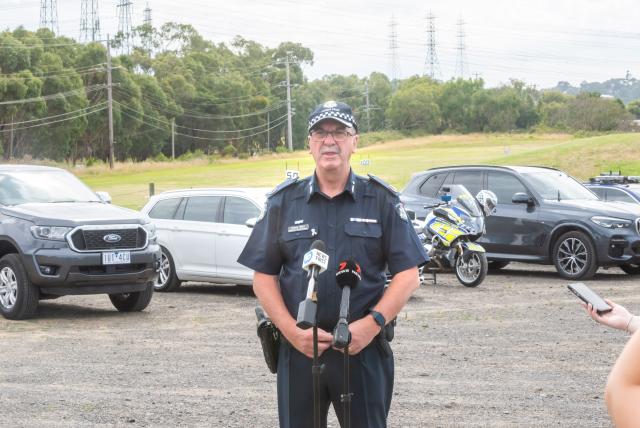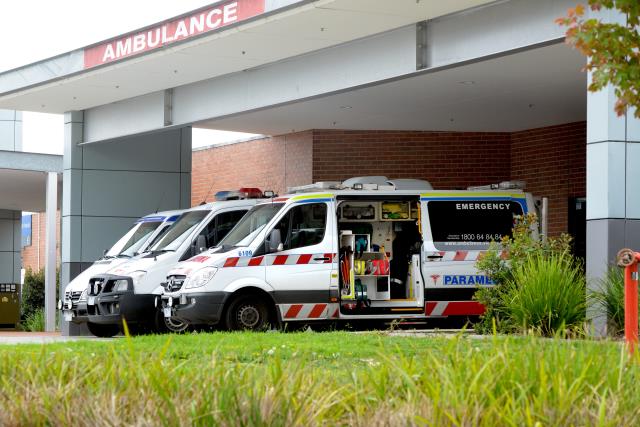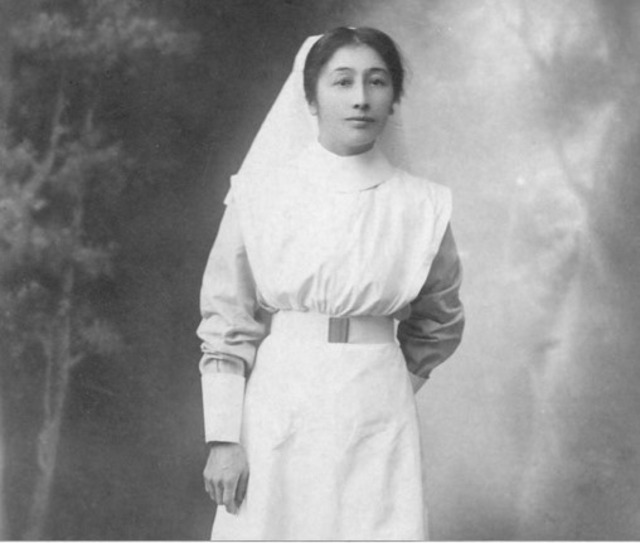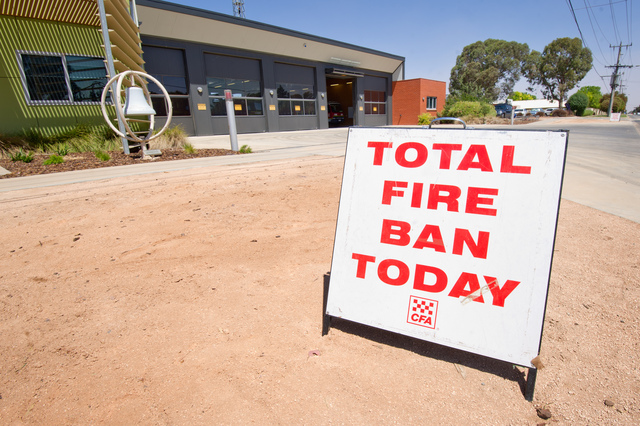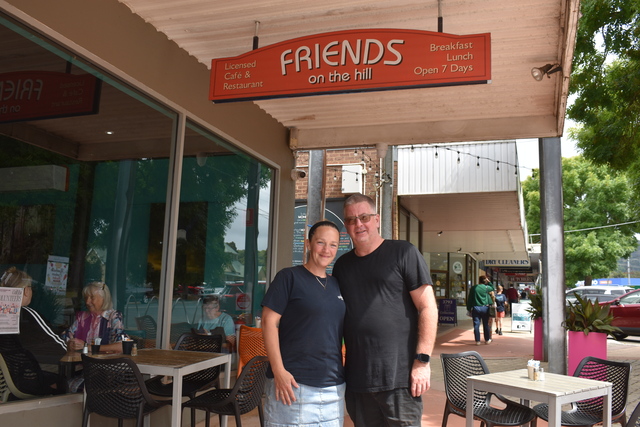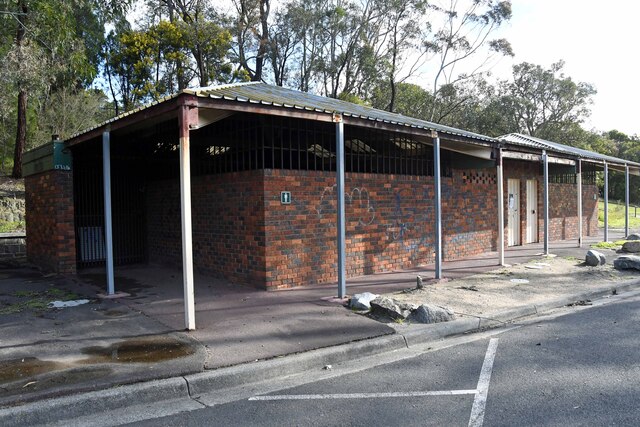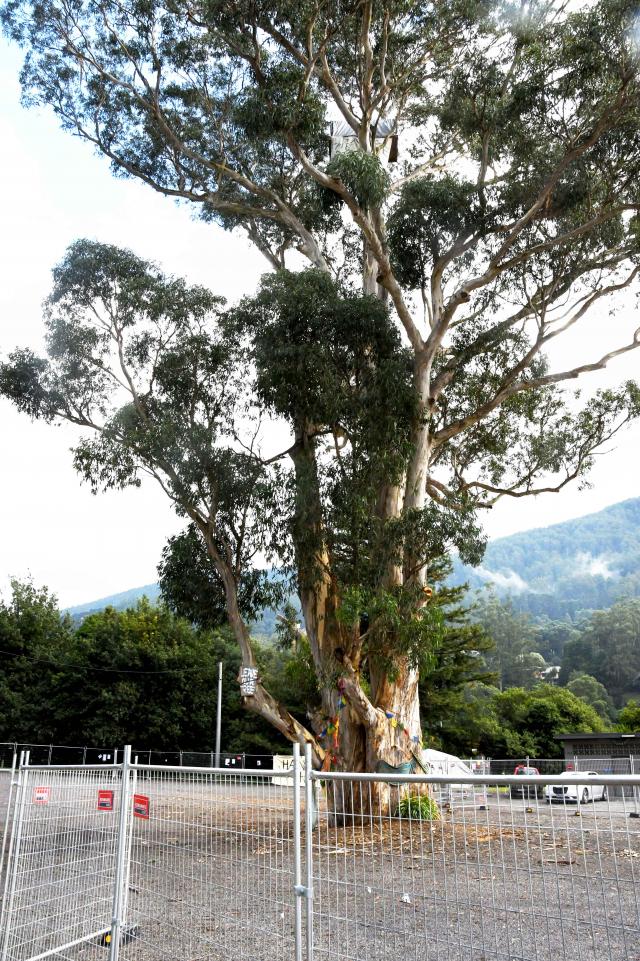This year Upper Ferntree Gully Primary School has implemented a new program commencing 21 February and running for the year’s duration.
The program, titled ‘friendology’ is intended to build communication and relationship skills in order to foster a healthy learning environment.
UFTG PS Principal Tabitha O’brien said “we want kids to be happy at school and most of the time the thing that kids talk about that makes them want to come to school, whilst we would like to think it’s learning, is actually friendship most of the time.”
“Hanging out with their friends at playtime can be a highlight and we know if they have really successful relationships and friendships with each other, then they are going to be happier to come to school and learn,” Tabitha said.
Whilst the school has previously focussed on bullying, branching out into the building of strong relationships and coping mechanisms when it comes to navigating other students is the school’s top priority.
Ms O’brien said, “the program is created by an organisation called ‘you are strong’ and it focuses on the fact that friendships aren’t perfect and it actively teaches the kids how to have healthy disagreements and solve problems.”
“We are a small school with 69 students so we talk to the kids about it being a bit like a family where they are learning social skills and coping mechanisms instead of saying ‘i’m being bullied,” Ms O’brien said.
“We want to teach our students that we don’t have to be best friends with everyone but it’s important that we follow our school values and are respectful and that we focus on the relationships that are in our lives.”
Students will enjoy an activity-filled day at school for the ‘Friendology’ program’s launch on February 21.
Tabitha said, “the program talks about friendship ninjas so we’re going to have a bit of a ninja afternoon with all of the kids and then it will go from there throughout the rest of the year and we’ll just keep going with it.”
Program sessions will take place weekly and are tailored based on individual assessment and age group.
“I guess we are quite different because we do offer a small school,” Tabitha said.
“We really look at our students’ individual needs.”
“I think the fact that we know all of our students really well, allows us to look at what their individual needs are and look for programs that help to support them as they go through primary school,” Tabitha said.

